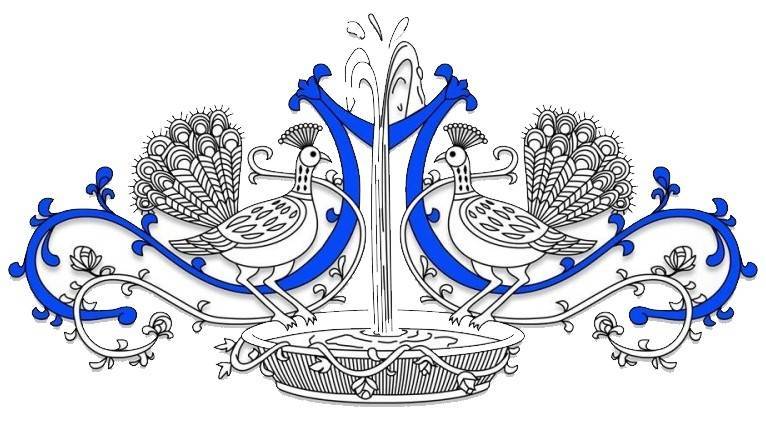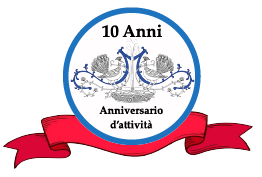A million and 650 thousand Euros in just two days. This is the verdict passed by the Court of Auditors over a past few days all on fraud and misappropriation of public funds, either staine from EU or from National governing bodies. A bottomless well, which, despite arrests in recent years, has continued to dig deeper. So much so, that it changes the common opinion that reigns, that the real “thieves” are the parliamentarians who ‘eat’ behind the backs of the people. At this at a rate of one and a half million Euros every two days, this is the damage brought to Italy, by people who misappropriately make use of public financing as though it were a personal ATM card- this irregularity represents a ‘plague’ which is more severe than funds abused by politicians.
It’s of no coincidence that the annual Colaf (National Committee for the prevention of fraud against the EU) has brought to the attention the so-called “irregularities” in a financial impact which amounts to 34 million Euros for 2013, while added to this, the real fraud amounts to plus 56.7 million Euros. Whilst, going against common say by the man in the street, when referring to an inefficient State (which in many cases does correspond to the real situation), it is worth noting how these appalling figures on the one hand, portray the reality of a country of ‘clever Dicks’, on the other hand, it enhances the work carried out by supervisory authorities who have detected a high number of irregularities; it should also be interpreted positively, in the sense that as a ‘goog’ EU member state, it is keeping control over public funds allocated on the National territory.
Italy has developed a high level of surveillance in this sense, and this is being confirmed by the fact that Olaf, the European anti-fraud Office has often referred to it as a model to other member states; it has stressed that the absence of irregularities in other countries is not to be intended as a result of a virtuosity that has been undertaken, but rather points to a total lack of checks .
In this respect, Pope Benedict XVI’s encyclical “Caritas in Veritate” is still topical, which was at the centre of various considerations made on fair economic development for the common good of the community. According to the document, ethics is the foundation of the enterprise because it helps produce better profits: it goes to strengthen the basic prerequisite, in the absence of which there would be no free market. A free market, cannot ultimately mean the struggle of all against all, where the strongest wins. Neither the cleverest, nor the so claimed. Pope Benedict XVI has appealed for “industry regulation” to ensure protection to the weakest subjects and prevent scandalous speculation.” For a better world, economically-wise too, the moral value of honesty and observance of regulations, should be reevaluated. In all walks of life-whatever!
Translation provided by Marina Stronati










